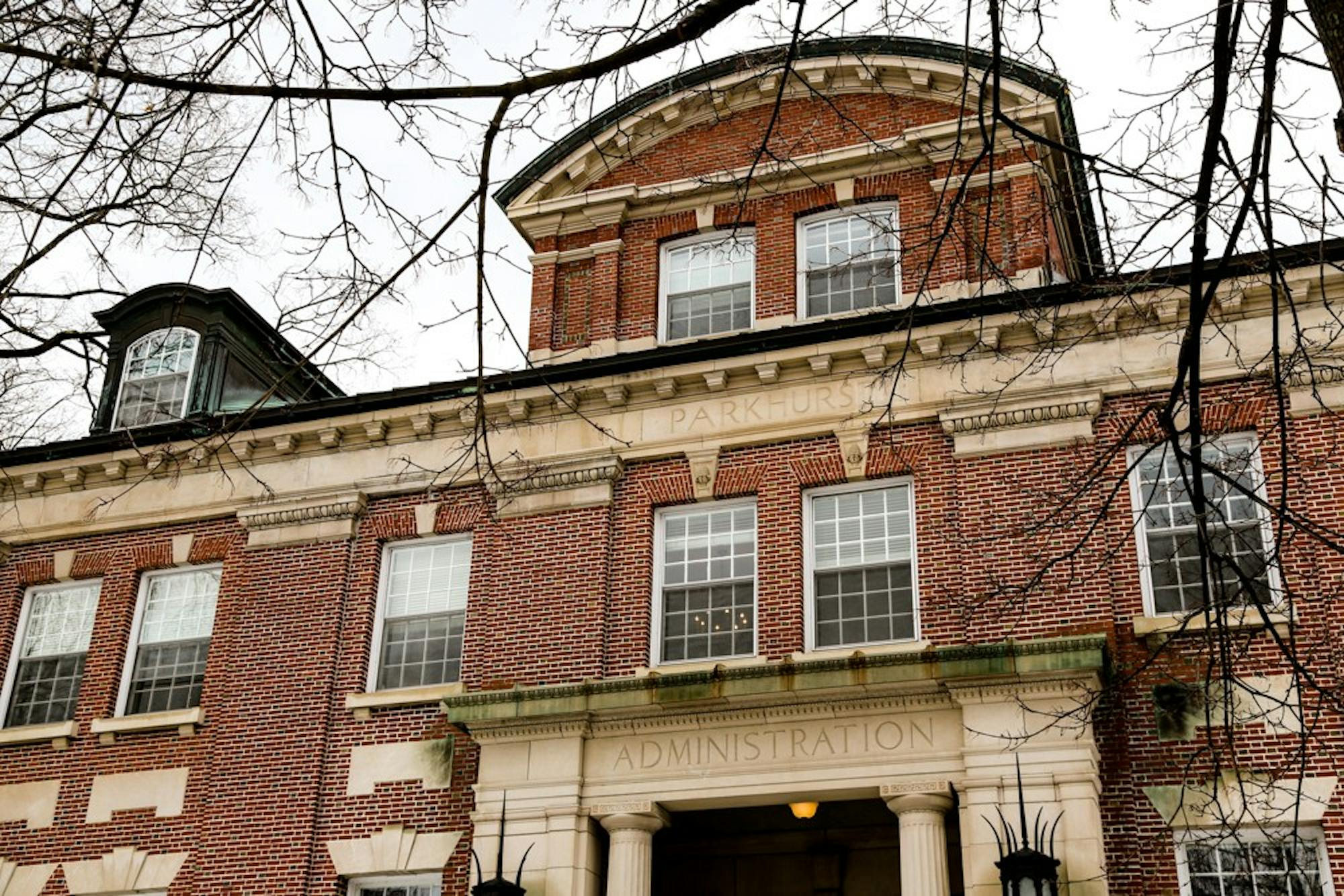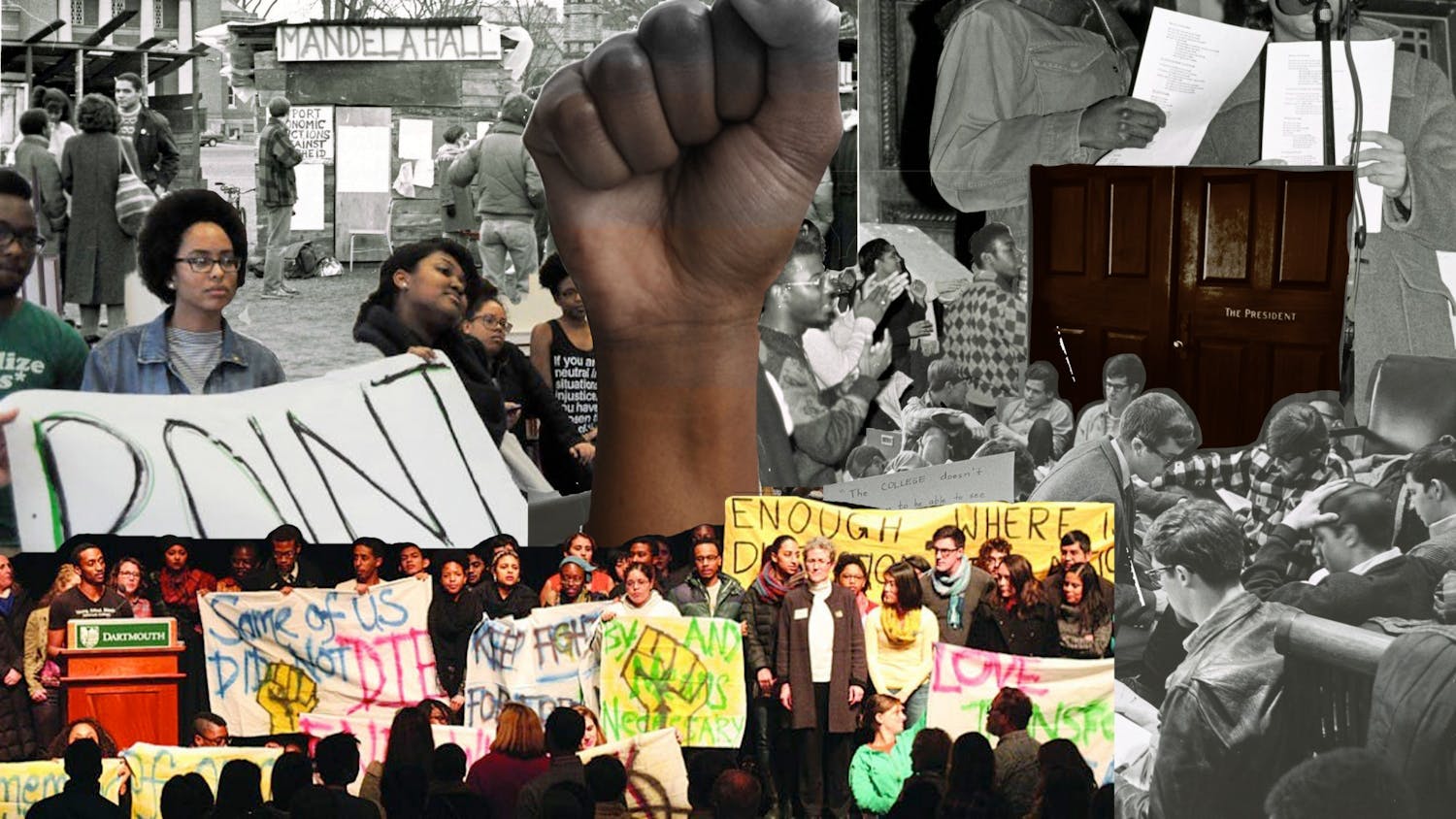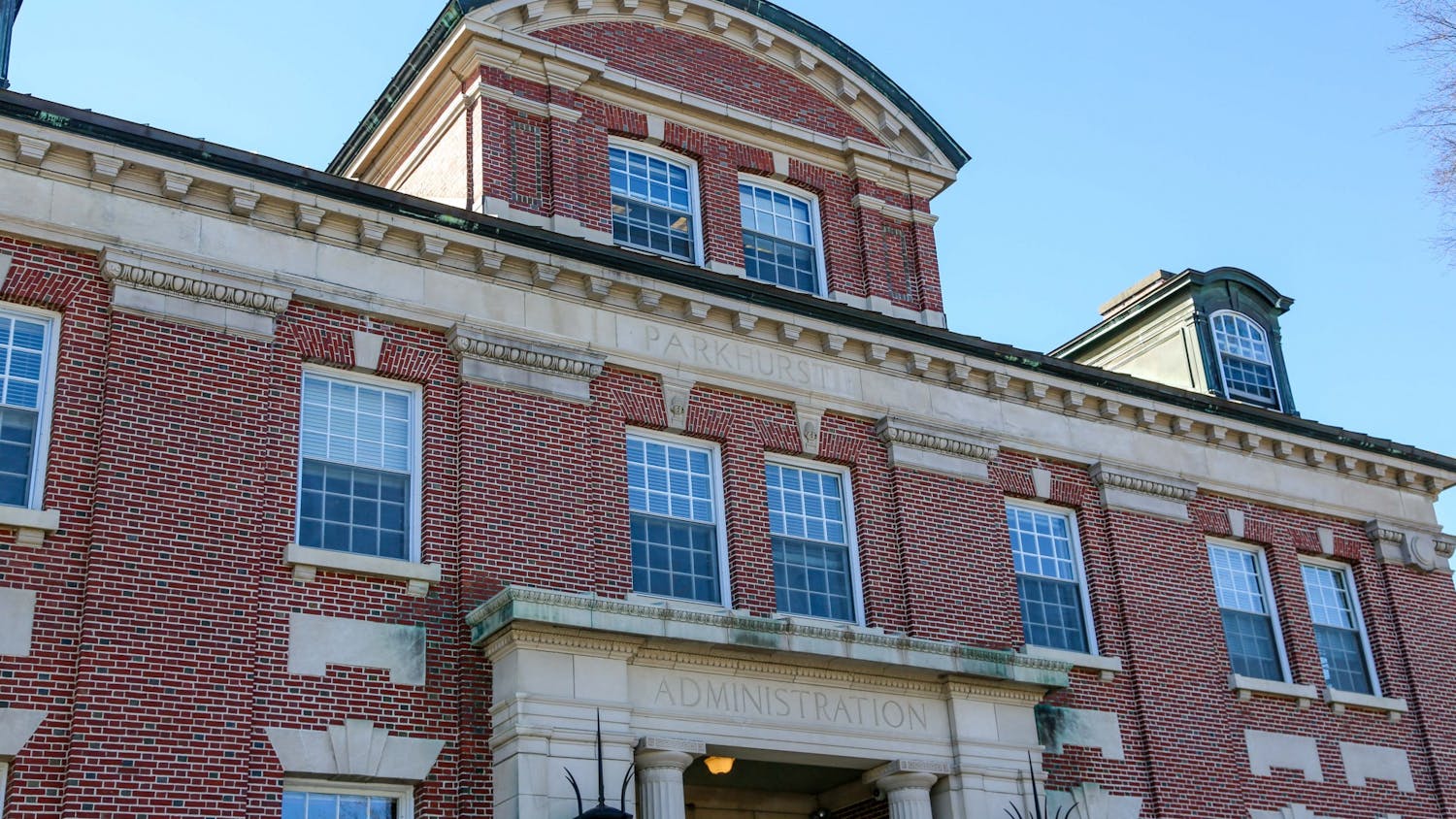A search is underway to fill the newly-created position of senior vice president and chief diversity officer at the College. Some Black alumni and students are wary of the potential for the position to be purely symbolic, but are hopeful that the new position will have sufficient power to effect change on campus.
In June, when former vice president for institutional diversity and equity Evelynn Ellis retired, the College decided to “elevate” the role such that the new hire would directly advise College President Phil Hanlon, as opposed to Provost Joseph Helble. The new hire, whose title will be senior vice president and chief diversity officer, will also serve as a member of the College’s Senior Leadership Group, a group of advisors who meet with Hanlon weekly.
In addition to the creation of a new senior vice president position, Dartmouth's Title IX Office, the Inclusive Excellence project and the Campus Climate and Culture Initiative will become part of the Office of Institutional Diversity and Equity.
History and Latin American, Latino and Caribbean Studies professor Matthew Garcia and College general counsel Sandhya Iyer co-chair the search committee, which includes faculty, staff, undergraduate and graduate students.
“It's really a cross-section of Dartmouth because this position will serve the entire Dartmouth campus,” Garcia said.
The senior vice president will inform Hanlon on matters of policy and will be in charge of compliance with the C3I initiative, according to Garcia. The position will also be responsible for coordinating between the Inclusive Excellence project office and Hanlon.
“It's a pretty substantial position, and its breadth is wide,” Garcia said. “President [Hanlon] has been pretty resolute in saying to the committee that he wants to accelerate some of the cultural change that we've needed on this campus,” such as hiring and retaining more Black faculty members, according to Garcia.
History professor Matthew Delmont, who was appointed as a special advisor to Hanlon on July 14, said that he worked with Helble to convene listening sessions with students, staff and faculty before fall term, with the goal of identifying factors that have and haven’t worked well within the Office of Institutional Diversity and Equity, which creates partnerships with offices and individuals across Dartmouth’s campus to provide “access, respect and community for all” through conducting trainings, analyzing institutional policies and hosting events. Notes from these meetings were then passed on to the search committee.
According to Garcia, after these initial listening sessions, multiple several-hour Zoom meetings were conducted by the search firm, Isaacson Miller.
“We've invited a cross-section of the campus [to Zoom sessions], what we call ‘stakeholders,’ or people that will be affected by the work of this individual who's selected, from students to staff to professors of all stripes,” Garcia said.
Garcia said the search team had made a concerted effort to bring in voices of faculty of color to address issues that Dartmouth has dealt with in the past and to ensure that the new position is “charged with cultural change” — that the College will commit to diversity and inclusivity while reflecting the insights of working groups.
According to Garcia, the elevation of the position comes following a July 1 email to campus, signed by the Board of Trustees and Hanlon and his senior leadership group, that committed to “renewing [the College’s] institutional commitment to meaningful and long-lasting change.”
In the email, the College also announced its goals to address systemic racism on campus, including a pledge to implement mandatory implicit bias training for Dartmouth students, faculty and staff, to provide students of color with access to therapists of color and to create the new role of senior vice president and chief diversity officer.
After the release of the College’s letter, an open letter, which has now been signed by 2,000 Black alumni and other supporters, began to circulate. The letter, disseminated to the greater campus community on July 14, expressed dissatisfaction and a lack of specificity with the College’s statements and proposed concrete steps to address racism at the College.
According to Maria Cole ’84, signatories modified its content after the College’s joint statement was released, as they sought to address specific flaws within the College’s statement.
Cole added that the alumni group specifically responded to the description of the new senior vice president position, with recommendations for modifications. Cole expressed concern that hiring a diversity officer can often be a way to avoid confronting institutional problems directly.
“It’s the quick solve for any institution, even corporations, when confronted with a legacy of racism — the first thing they do is say ‘hey, we are going to hire a diversity officer,’” Cole said.
She added that she hopes the senior vice president position will have sufficient agency and autonomy and that there will be “teeth behind” the new role.
Delmont, who will work to help recruit, retain and support faculty of color, said that, while plenty of issues remain, he is encouraged by the increased conversation around racial justice. He noted that he is working as a liaison between letter signatories and the senior vice president selection committee.
“We are having conversations in the history department that I haven’t seen happen previously,” Delmont said. “I would hope and anticipate that they are happening among broader student groups as well, not just students of color and LGBTQ students, but students that might not have immediately recognized that Dartmouth is not the most welcoming place to every student.”
Garcia said that he will check in with Hanlon on Nov. 3 to review a pool of applicants and to make recommendations for the new senior vice president position. He said that final interviews will begin to take place by the beginning of the next calendar year, adding that the final decision will be up to Hanlon.
Marina Cepeda ’21, a signatory of the open letter, said that she felt as though neither the College’s joint statement nor the new promotion of a senior vice president alone are enough to address systemic racism at Dartmouth.
“I feel like the College has been very stagnant — upon the murder of George Floyd it took several days for President Hanlon to say anything, then it took over a month before we heard from the Board of Trustees what their plan was for mandatory implicit bias training, of which we have not heard anything since,” Cepeda said. “I think the reaction has been very slow in comparison to peer institutions.”
Cepeda added that a single person is insufficient to address the numerous race-related issues at Dartmouth.
“It is superficial to just hire someone and to throw everything race-related to that person — but to actually give them the power and ability to speak up and to be a part of advisory groups is very pivotal,” Cepeda said.




